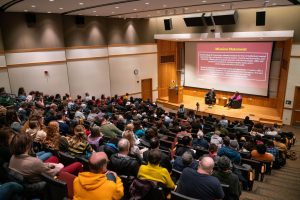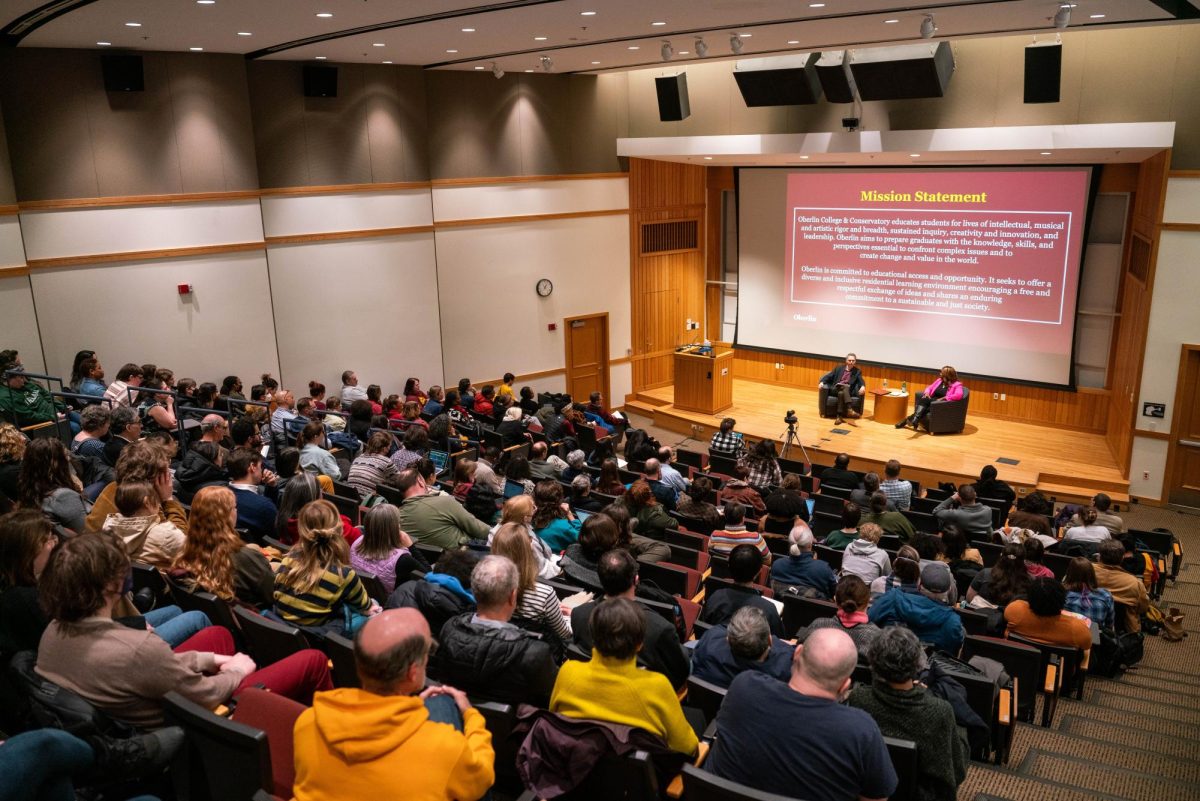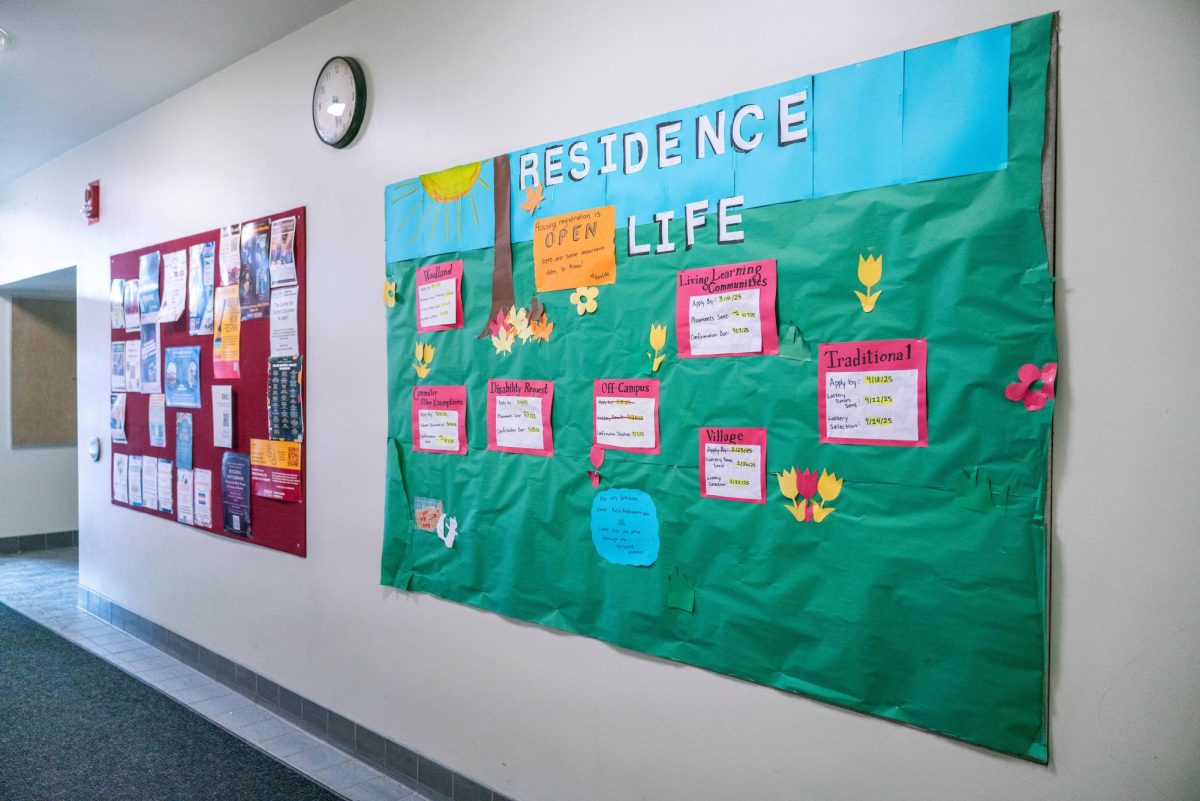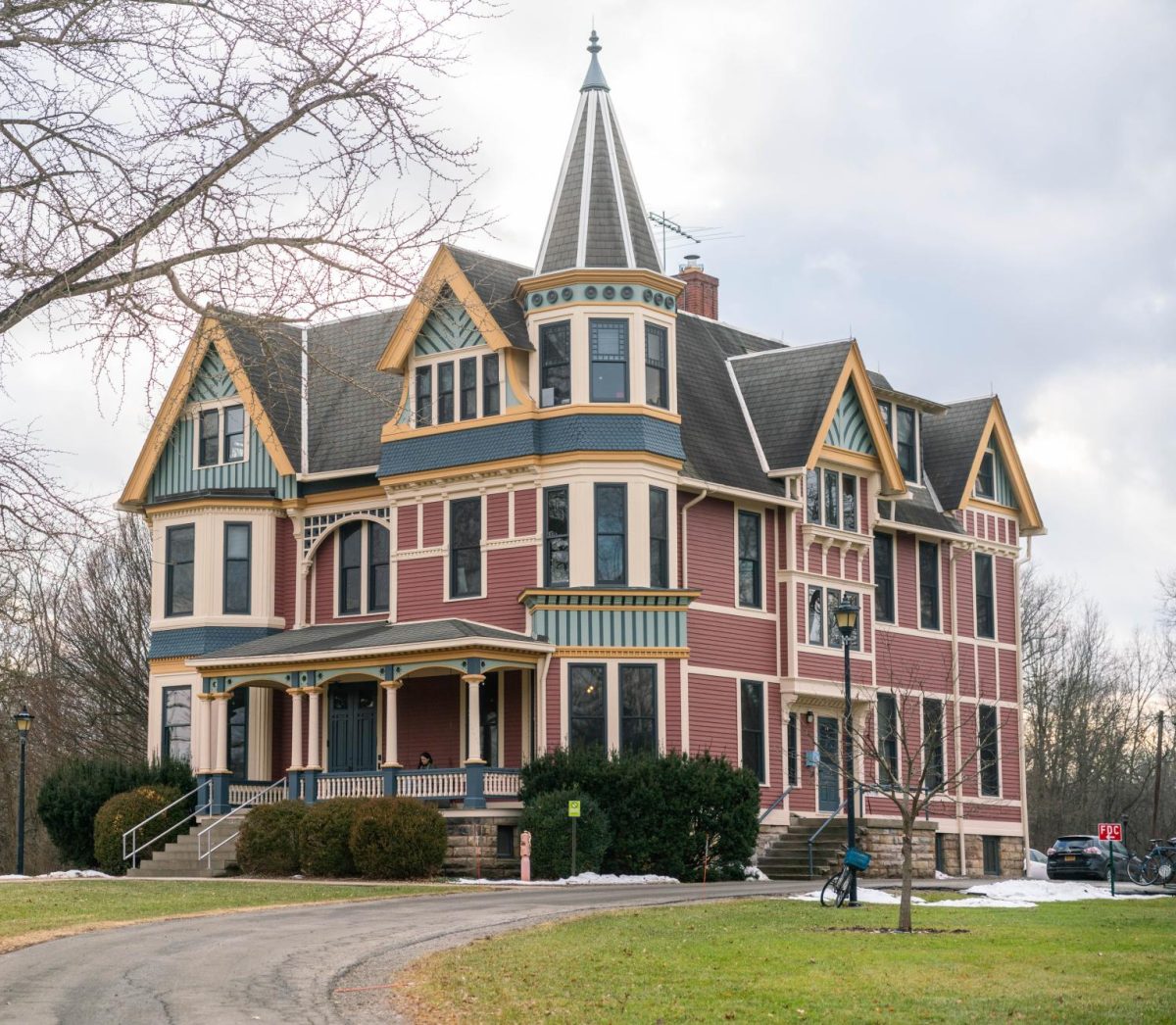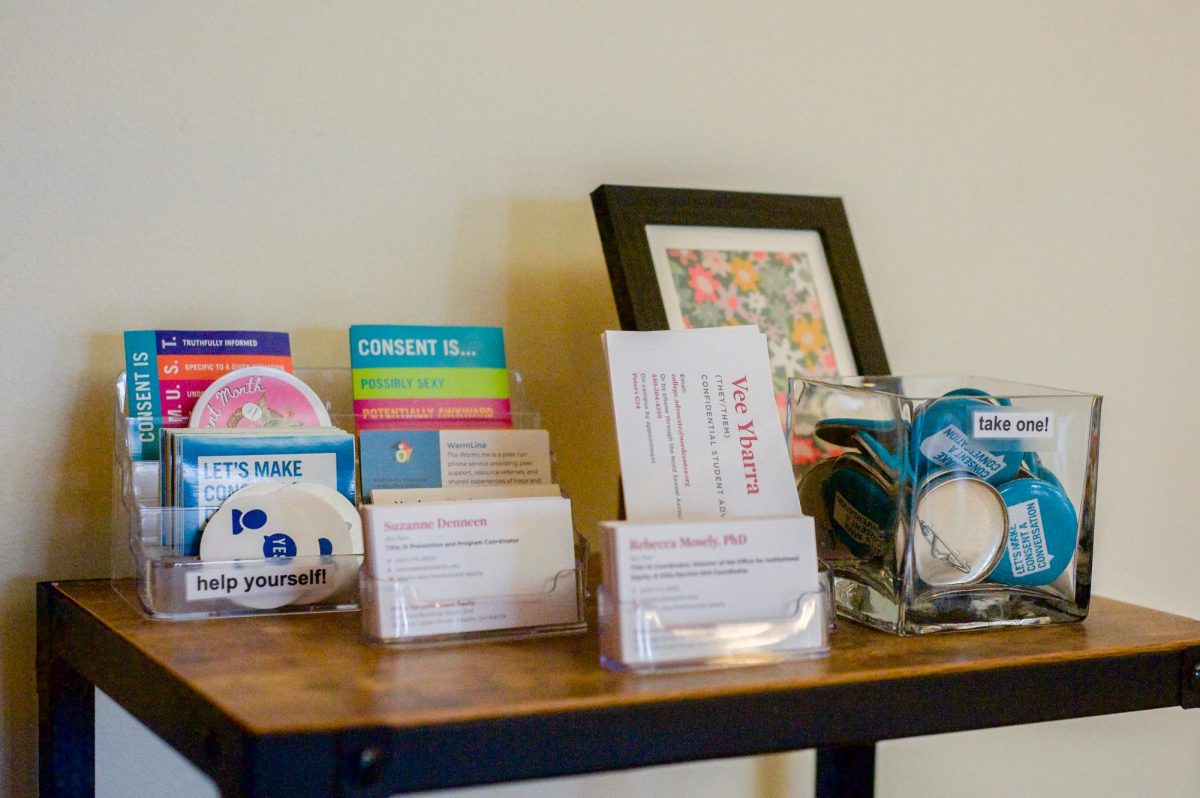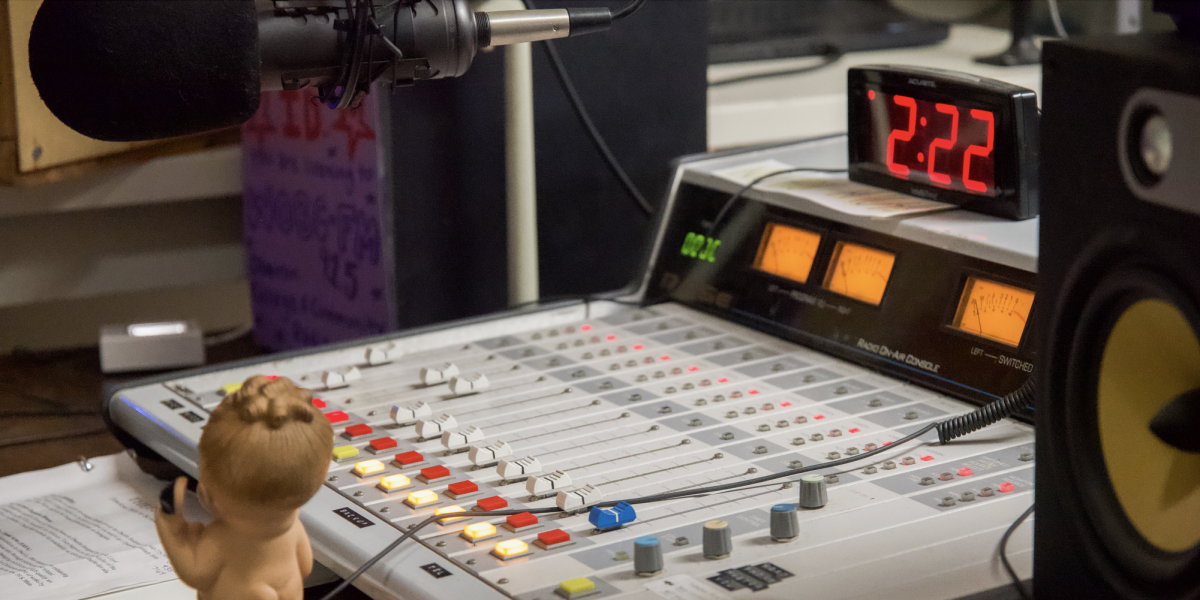In Discussing Navy Yard Shooting, Disrespecting Disabled Persons Not An Option
September 27, 2013
To the Editors:
I was outraged and frustrated by the editorial printed in last week’s Review, “Washington Navy Yard Massacre Was Avoidable,” (The Oberlin Review, Sept. 20, 2013.) One of the article’s major points was that one of the best ways to stop gun violence would be to prevent “crazy” people from “getting [their] hands on a gun.” This is a tired premise that comes up pretty much every single time we as a nation discuss gun control; not only is it lazy, but it is counterproductive, beyond insulting and inaccurate.
Before I discuss the issues I had with the article, I do want to make a small note. The alleged mental disability of Aaron Alexis, the Navy Yard shooter, is not relevant to this particular article; my point would still stand regardless of his mental condition. However, I would like to point out that Dr. Jeffrey Lieberman, the president of the American Psychiatric Association, said that “it’s too early to tell what the real motivation was in this recent case.” We do not know Alexis’s diagnostic information; thus, it was highly irresponsible for the author of last week’s column, or anyone else, to speculate.
Painting all people with mental disabilities as violent and uncontrollable is a trope that I honestly wish would disappear as fast as possible from our national consciousness. The fact is, people with mental disabilities are more likely to be victims of homicide than neurotypical people (Appleby et. al., 2001). (Neu- rotypical is a term for people without a mental disability, used in scientific writing and by the mentally disabled community; its antonym is neuro-atypical). Furthermore, the vast majority of people who are violent are neurotypical, and there is little to no evidence of a correlation between most types of mental illness and vio- lence (American Psychiatric Associa- tion, 1994). Our focus should not be on preventing the mentally disabled from acquiring guns; it should be on protecting them from guns.
I am glad that this horrific incident has opened a national conversation on mental healthcare reform. Mental healthcare reform needs to be talked about, whether or not it’s relevant to the Navy Yard shooting; on this point I agree entirely with the column.
The reform that the author and I seek, however, is only going to happen when we stop vilifying people with mental disabilities. By calling them “crazy” (which, by the way, is considered a slur against the neuro-atypical) and equating them to out-of-control murderers, we do not make it more likely that they will receive the treatment they need. We make it more likely that they will end up in jail. As of 2003, the rate of mental disability in prison is three times higher than in the general population (Human Rights Watch, 2003) and has not declined since then. The majority of these prisoners will not get any treatment in jail.
This is why this stereotype needs to be shut down permanently. It’s not just unsupported by the facts. It prevents real people from being treated or even from being seen as full members of society. Yes, we absolutely need to be having this conversation about mental healthcare reform. But rather than framing it as an issue of protecting neurotypical people from the “crazies,” we should be talking about the fact that mental healthcare is a basic human right, and that the current state of mental healthcare, as well as the rate of criminalization of the mentally disabled, is appalling.
The Navy Yard shooting was a needless tragedy, and the conver- sations that it has sparked around gun control and mental healthcare reform are necessary ones. As we debate what should be done in the aftermath, we need to ensure that we are not scapegoating some of society’s most vulnerable members.
–Alice Fine
College sophomore



